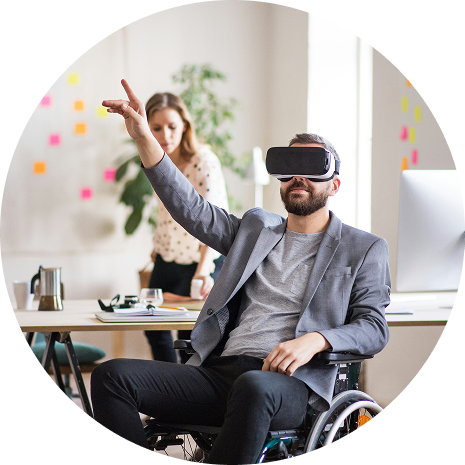Transforming healthcare education with immersive, AI-driven VR simulations
The healthcare landscape is rapidly evolving. Traditional clinical education, with its reliance on lectures, limited lab seats, and expensive cadavers, is struggling to keep pace, often leaving critical skill gaps. Simultaneously, the accelerated arrival of robotics, AI diagnostics, and new medical devices demands that curricula adapt faster than ever before.
Aequilibrium, leading a global consortium, embarked on a mission to bridge this critical gap by developing VR4Health (an ITEA Project name).
Our vision is clear: to provide every healthcare learner with a lifelike, immersive environment where practice is unlimited, feedback is immediate, and progress is measurable. VR4Health delivers safe, realistic, and fully personalized training that can raise knowledge retention by up to 80% while cutting physical simulation-lab costs by as much as 70%.
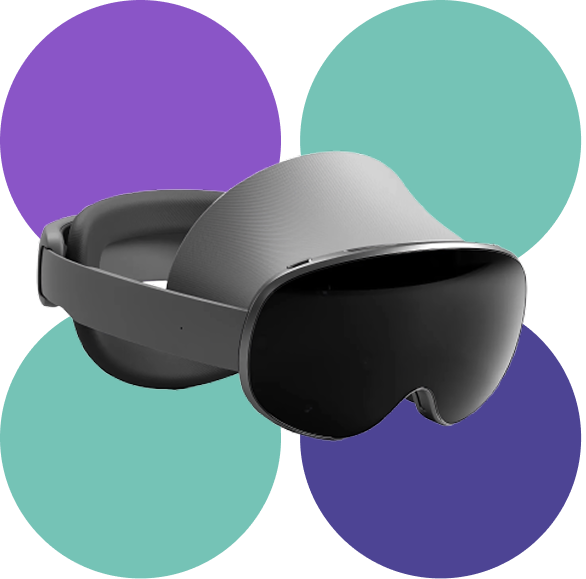
Our Innovation
Through the ITEA4 International Initiative
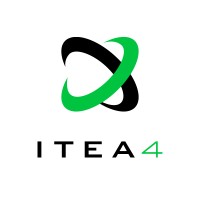
Design, develop, and implement an advanced VR and AI training platform for healthcare professionals, enabling immersive, data-driven clinical education and skill development through international consortium collaboration.
Services Provided:
- Immersive VR Environment Development (Unity & Unreal)
- Adaptive AI & Machine Learning Integration
- Speech, Gesture & Decision Tracking Systems
- Real-time Analytics & Performance Dashboards
- Multiplayer VR Simulation Engineering
- Clinical Scenario Co-design & Content Creation
- Medical Device Integration (Connected Devices)
- International Project Coordination & Management
About ITEA4

Our Challenge
- Bridging the Gap in Clinical Preparedness : The healthcare sector faces pressing challenges in training its professionals that directly impact patient outcomes and institutional effectiveness:
- Limited access & high costs: How can we overcome the restrictions of limited lab seats, expensive equipment, and prohibitive cadaver costs to provide widespread, consistent training?
- Skill gaps in a rapidly evolving field: How can we ensure future and current clinicians are proficient with new technologies and complex procedures arriving faster than traditional curricula can adapt?
- Safe practice for high-stakes scenarios: How can professionals practice rare or high-risk cases without endangering patients or incurring immense logistical burdens?
- Measuring true competency: How do we move beyond theoretical knowledge to confirm practical skill mastery and provide objective, data-driven proof of competency for individuals and institutions?
VR4Health emerged as our answer, providing a scalable, accessible, and highly effective solution.
Enter Aequilibrium and our international collaborators.
![]() VR4Health will bridges a critical gap in clinical education, offering a lifelike environment where practice is unlimited, feedback is immediate, and progress is truly measurable.
VR4Health will bridges a critical gap in clinical education, offering a lifelike environment where practice is unlimited, feedback is immediate, and progress is truly measurable.![]()
–
Adrian Moise, CEO, Aequilibrium and VR4Health Consortium Lead
Our Solution
VR4Health – A Comprehensive, AI-Powered Immersive Platform
Aequilibrium leads a consortium of partners across four countries under the ITEA Eureka Cluster, developing VR4Health. This groundbreaking platform combines immersive VR with adaptive AI, revolutionizing how healthcare professionals train.
What Makes the Platform Different:
- Immersive VR: High-fidelity hospital, clinic, and home-care scenes are meticulously built in Unity and Unreal engines, creating incredibly realistic environments that enable risk-free practice of rare or high-stakes cases, allowing clinicians to build confidence without real-world consequences.
- Adaptive AI: Leveraging advanced speech, gesture, and decision tracking, the AI generates live coaching and dynamically adapts next-step scenarios based on the learner’s performance, providing personalized learning that significantly speeds up skill mastery.
- Analytics Dashboard: Comprehensive performance data for individuals, cohorts, and curricula are captured and displayed on intuitive dashboards, offering objective proof of competency for regulators and funding boards while providing insights for curriculum optimization.
- Multiplayer Teamwork: Supports cross-device sessions, enabling doctors, nurses, and students to train collaboratively in shared virtual spaces, actively strengthening crucial communication and coordination skills essential for effective clinical teamwork.
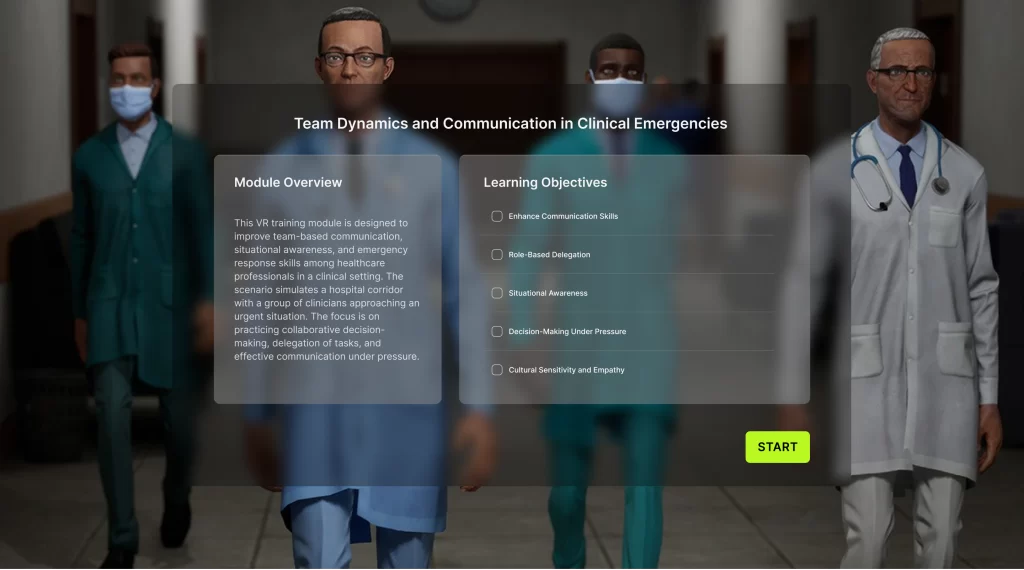
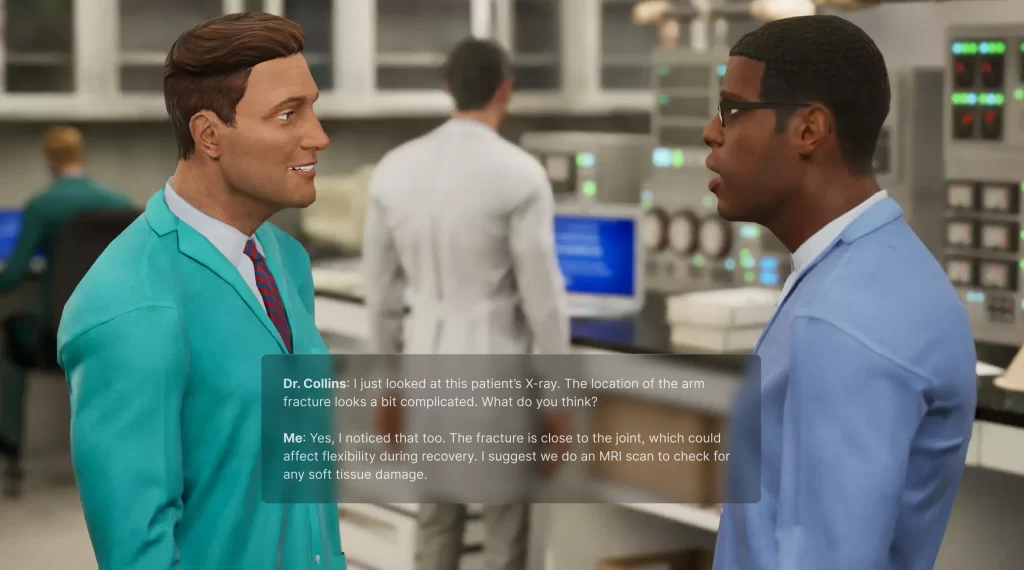
Technical architecture
- Advanced Technology Stack for Healthcare Training
- VR4Health is built on a robust technical foundation designed for scalability, performance, and clinical accuracy:
- VR Development Platforms: Unity and Unreal engines provide the backbone for creating photorealistic medical environments, ensuring high-fidelity simulations that mirror real-world clinical settings.
- AI & Machine Learning: Advanced speech recognition, gesture tracking, and decision analysis systems powered by machine learning algorithms that adapt to individual learning patterns and provide real-time coaching.
- Connected Medical Devices: Integration with actual medical equipment and devices allows for authentic hands-on training experiences within the virtual environment.
- Real-time Analytics Engine: Sophisticated data capture and analysis systems track performance metrics, learning progression, and competency development across multiple dimensions.
- Multiplayer Infrastructure: Cross-platform networking capabilities enable collaborative training sessions across different devices and locations, supporting team-based learning scenarios.
- ITEA Framework Integration: Leveraging the ITEA Eureka Cluster framework for international collaboration while maintaining intellectual property rights and ensuring quality standards through established gates and processes.
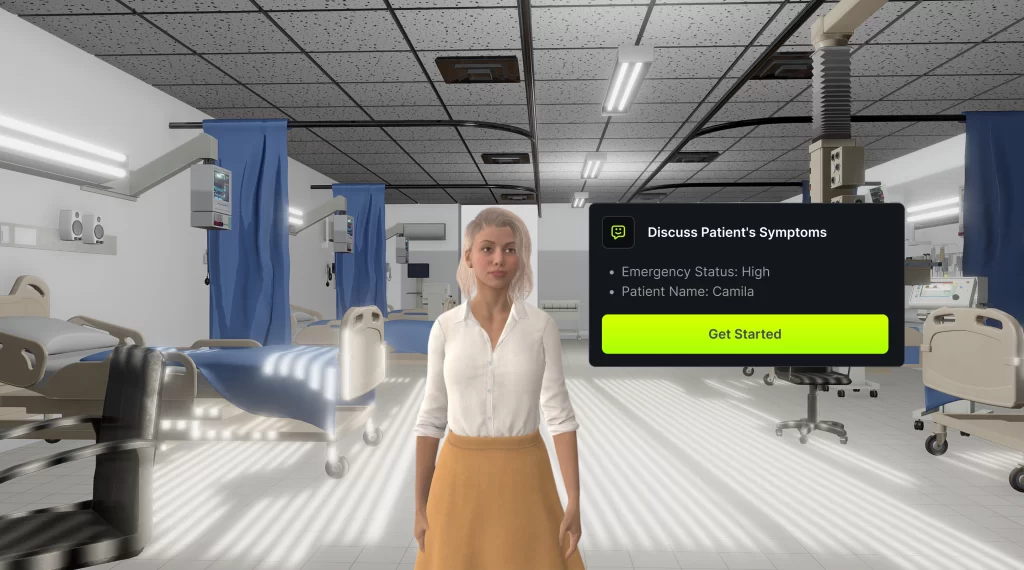
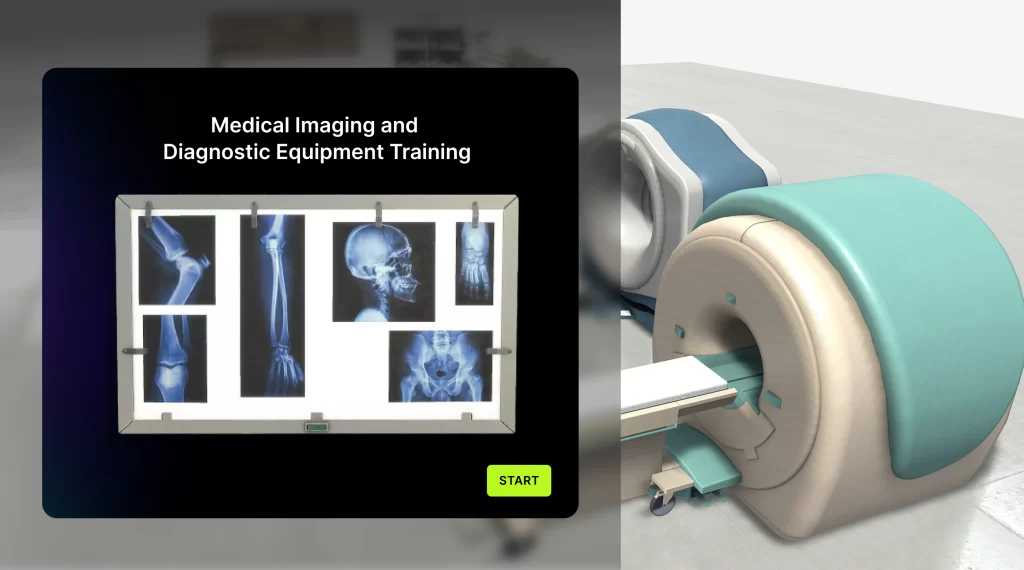
Key Features & Outcomes
- Virtual Patient-Interaction Training: Immersive VR role-play for difficult conversations including breaking bad news and high-anxiety consultations, with AI speech-recognition scoring active listening and empathy in real time to boost communication quality and raise patient-trust metrics.
- Medical Device Simulation: Virtualisation of expensive neuro-stimulation equipment and chronic-care consultation rooms, with AI language models guiding decision-making and patient counselling to eliminate equipment bottlenecks and enable safe practice of rare scenarios.
- Diagnostic Training: LLM-driven virtual patients with realistic symptoms and vitals inside VR clinical environments, featuring on-demand clinical reasoning support to elevate diagnostic accuracy and confidence among medical students and professionals.
- Up to 80% Knowledge Retention Boost: Advanced immersive learning techniques combined with personalized AI coaching significantly improve information retention compared to traditional training methods.
- Up to 70% Cost Reduction: Virtual simulation dramatically reduces dependence on expensive physical equipment, cadavers, and lab space while expanding training capacity.
Partnership and collaboration opportunities
VR4Health is actively seeking partners to join our consortium and shape the future of healthcare education. We welcome collaboration from:
- Hospitals and Medical Schools: Institutions seeking digital transformation and innovation in healthcare training, interested in advancing their training programs with cutting-edge VR and AI technology.
- Healthcare Technology Companies: Organizations looking to integrate new tools into existing curricula and collaborate on pilot programs.
- Research Institutions: Universities and research centres focused on medical education innovation and evidence-based training methodologies.
- Healthcare Investors: Forward-thinking investors interested in supporting breakthrough healthcare education technology with measurable impact.
Benefits of Partnership:
- Early access to VR4Health modules and invaluable data insights
- Co-design opportunities to influence platform development
- Rapid scaling that can lower training costs while expanding reach
- Global visibility and collaboration within a leading innovation network
Ready to Transform Healthcare Training?
